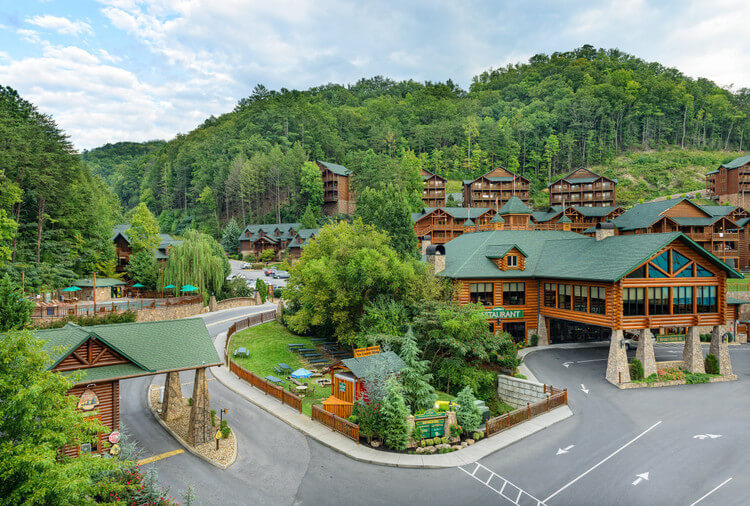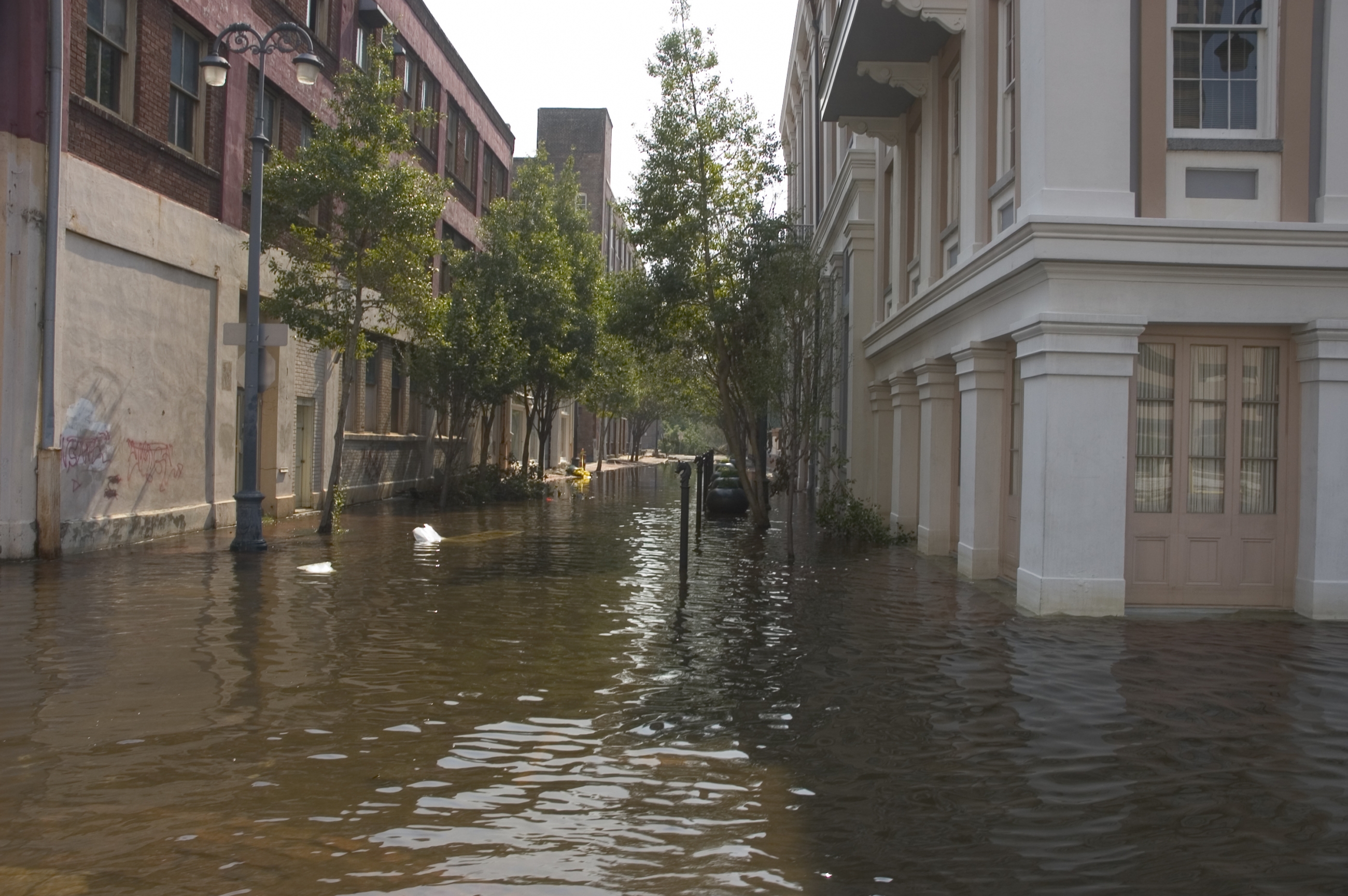Three Tennessee resorts were razed by wildfires that remain active throughout the region.
The Black Bear Falls log-cabin rental resort and the Westgate Mountain Resort & Spa were destroyed by the fires, according to a statement released by state emergency management spokesman Dean Flenearer. The Ober Gatlinburg amusement park and ski area was at first believed to have been destroyed in the blaze, but resort officials were able to return to the site and found it to be unharmed. The Dollywood park's attractions remain untouched by fires, but more than a dozen cabins operated by the park were either destroyed or severely damaged.
The fires are estimated to have gained strength as a result of strong winds and the region suffering its worst drought in nearly a decade. Evacuations have been called in Gatlinburg, Pigeon Forge and other nearby communities.
Apocalyptic scene: Blaze rips through #Gatlinburg, Tennessee https://t.co/zCDJNUMREx pic.twitter.com/ryVdl9rzHn
— RT (@RT_com) November 29, 2016
More than 100 homes and 30 businesses have been destroyed in the blaze, and an aquarium housing over 10,000 animals has been evacuated by employees and visitors but remains in danger. As of this time more than 14,000 people are estimated to have left Gatlinburg, Tenn., where the fires first began damaging property. Gatlinburg is roughly 50 miles from Knoxville.
The wildfire began in the Great Smokey Mountains National Park, with wind scattering embers and starting fires in areas where the drought struck hardest. Winds also reportedly knocked down power lines, resulting in new fires and adding to the blaze.
Due to continued erratic winds, the fires are very unpredictable and more fire growth is expected. pic.twitter.com/BYd9ANQeT4
— GreatSmokyNPS (@GreatSmokyNPS) November 29, 2016
Rain has been forecasted for the area, but according to the National Drought Mitigation Center in Nebraska there are fears it will not be enough to slow the spread of the flames as they continue to build off of high winds expected to travel with the storm. These winds could topple dead trees and slow fire fighting efforts.
"It's way too early to say 'Yes, this drought is over,'" Mark Svoboda, director of the NDMC in Nebraska, said in a statement. "Does it put a dent in it? Yes, but we have a long ways to go."

Tennessee is joined by Georgia and both North and South Carolina in battling wildfires resulting from severe drought. A report from the United States Drought Monitor found that as of last week 60 percent of Tennessee was in a period of "exceptional" or "extreme" drought, the two highest ratings offered by the Monitor.
Natural disasters and liability
It doesn't pay to begin preparing for disaster when you are in the midst of it. Nature waits for no one, and the cost of repairs can sometimes only be the beginning if your property is found liable for other damages. Take a look at this story from HOTEL MANAGEMENT columnist Karen Morris on the tangled web of liability and what you can do to prepare for it.
Like a watched pot, the wheels of justice can proceed slowly. Thus it is that some litigation growing out of Hurricane Katrina, which hit in 2005, is only now being resolved. One such case is very instructive on important issues of tort and contract law.
During the storm, a riverboat casino built on a barge in Biloxi, Miss., came loose from its moorings and crashed into a nearby beachfront home, totally destroying it. The homeowner sued the casino for negligence in the design and maintenance of the barge’s mooring system. She also sued State Farm based on her “all-risk” homeowner’s policy.
First, the negligence claim. Fortunately for the casino, the court dismissed the charge. In so ruling, the court acknowledged a duty owed by the casino, and all facilities, to nearby property owners to take reasonable measures to prevent foreseeable damage. Since unmooring of a riverboat casino during a hurricane is foreseeable, and so, too, is damage to adjacent property owners if there’s a runaway barge, adequate safety measures are required. Undisputed evidence established that the casino had moored the barge in such a way as to withstand 17-foot tidal surges, the severity of the worst hurricane then on record. That satisfied the casino’s legal responsibility.

The law does not impose liability on property owners “just because” they cause injury. The law recognizes some harm is unavoidable. Liability results only if sufficient precautions are not taken.
Now, plaintiff’s insurance claim. Plaintiff had an “all-risk” policy, but State Farm denied coverage. The name notwithstanding, an all-risk policy covers all risks except those specifically excluded. Plaintiff’s policy excluded loss caused by windstorm or water. Water damage was defined to include floods, waves and overflow of a body of water. Sounds applicable. A good (read–creative) lawyer representing the homeowner argued that the barge was the true cause of the home’s destruction, and therefore State Farm should cover the loss. The court disagreed, determining the wind and water exclusions were “clear and unambiguous.”
Three lessons are evident.
- Assess risks of injury and damage lurking at your facility, determine how to minimize them and then take the necessary steps.
- Read your contracts carefully. Ensure the wording is consistent with your intentions.
- Finally, periodically review your insurance policies and expand coverage when indicated.
Karen Morris is a lawyer, municipal judge and Distinguished Professor at Monroe Community College in Rochester, N.Y., where she teaches hospitality law. Contact her at [email protected].
